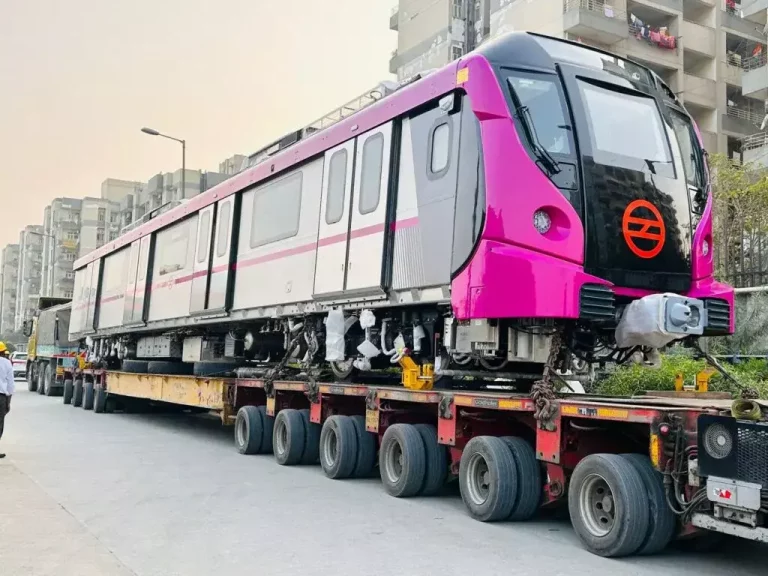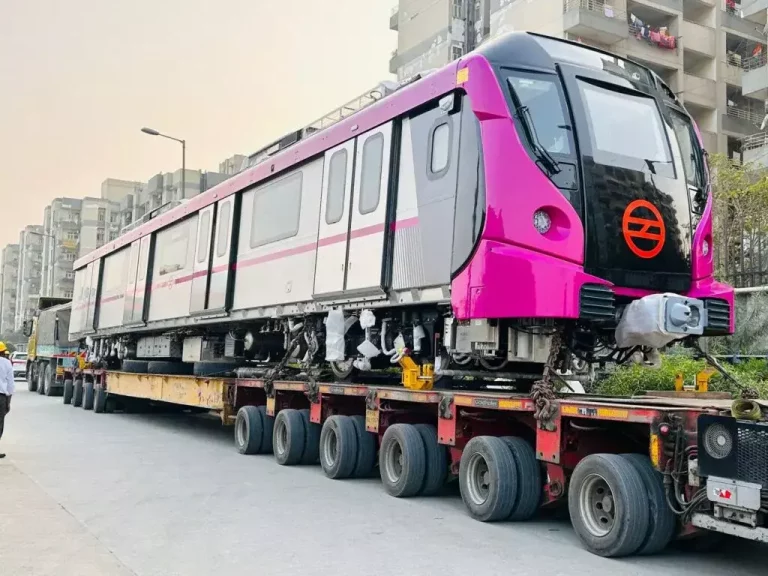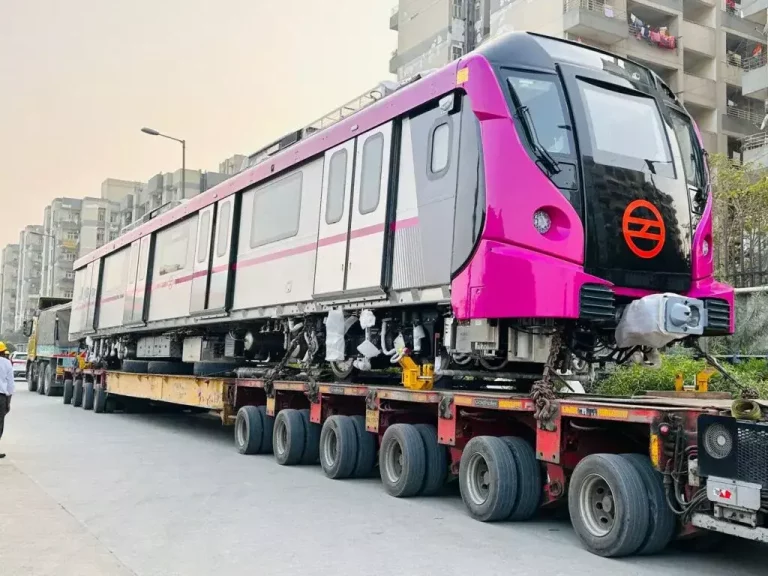Imagine the Power of AI when We Apply it to Caste Census Data: Rahul Gandhi
In a recent address to the Lok Sabha, Congress leader Rahul Gandhi emphasized the potential of Artificial Intelligence (AI) when applied to caste census data. The former Congress president emphasized the significance of using AI to analyze and interpret the data collected from the caste census, which aims to provide a more accurate representation of India’s social and economic dynamics. In his address, Gandhi highlighted the potential of AI to bring about a social revolution in India, particularly for marginalized communities such as Dalits, Other Backward Classes (OBCs), and Adivasis.
The caste census, which is scheduled to take place in 2021, aims to collect data on the social and economic status of individuals and communities across the country. The data collected will help policymakers and social scientists understand the complexities of India’s caste system and its impact on social and economic inequality. Gandhi’s suggestion to apply AI to this data is not only timely but also highly relevant, given the rapid advancements in AI technology and its potential to transform various sectors, including healthcare, education, and governance.
Wealth Redistribution: A Key Focus Area
Gandhi’s emphasis on AI-powered data analysis is particularly significant in the context of wealth redistribution among marginalized communities. The Congress leader highlighted the need to address the significant economic disparities that exist between different castes and communities. He emphasized that AI can play a crucial role in identifying areas where wealth redistribution is necessary and developing strategies to address these disparities.
For instance, AI-powered data analysis can help identify areas where OBCs and Dalits are underrepresented in key sectors such as education and employment. This information can be used to develop targeted interventions and policies aimed at addressing these disparities. Similarly, AI can help identify areas where Adivasis are vulnerable to exploitation and develop strategies to protect their rights and interests.
Challenging China in Various Sectors
Gandhi also emphasized that India can challenge China in various sectors if it leverages AI-powered data analysis to drive economic growth and development. He highlighted the potential of AI to transform India’s agricultural sector, which is a significant contributor to the country’s GDP. AI-powered precision agriculture can help farmers optimize crop yields, reduce waste, and increase productivity, making Indian agriculture more competitive and resilient.
Gandhi also emphasized the potential of AI to transform India’s manufacturing sector, which is a key driver of economic growth. AI-powered manufacturing can help Indian companies optimize production processes, reduce costs, and increase efficiency, making them more competitive in the global market.
PM Modi’s Response
Gandhi’s suggestion to apply AI to caste census data was met with a mixed response from the government. Prime Minister Narendra Modi, in his response, emphasized the need to ensure that AI is used in a responsible and ethical manner. He also highlighted the need to address the concerns of marginalized communities and ensure that AI-powered data analysis is used to promote social and economic equality.
While PM Modi’s response was cautious, it also acknowledged the potential of AI to transform India’s social and economic landscape. The government’s decision to conduct a caste census is a significant step towards addressing social and economic inequality, and the application of AI to this data can help policymakers develop more effective strategies to address these disparities.
Conclusion
Rahul Gandhi’s suggestion to apply AI to caste census data is a timely and highly relevant call to action. The potential of AI to transform India’s social and economic landscape is immense, and its application to caste census data can help policymakers develop more effective strategies to address social and economic inequality.
As India embarks on a journey to become a global leader, it is essential that we leverage AI-powered data analysis to drive economic growth and development. By applying AI to caste census data, we can unlock new opportunities for marginalized communities, promote social and economic equality, and challenge China in various sectors.
The news article highlights the potential of AI-powered data analysis to transform India’s social and economic landscape, and Rahul Gandhi’s suggestion to apply AI to caste census data is a significant step in this direction. As we move forward, it is essential that we prioritize the use of AI to promote social and economic equality and challenge China in various sectors.
Source:





